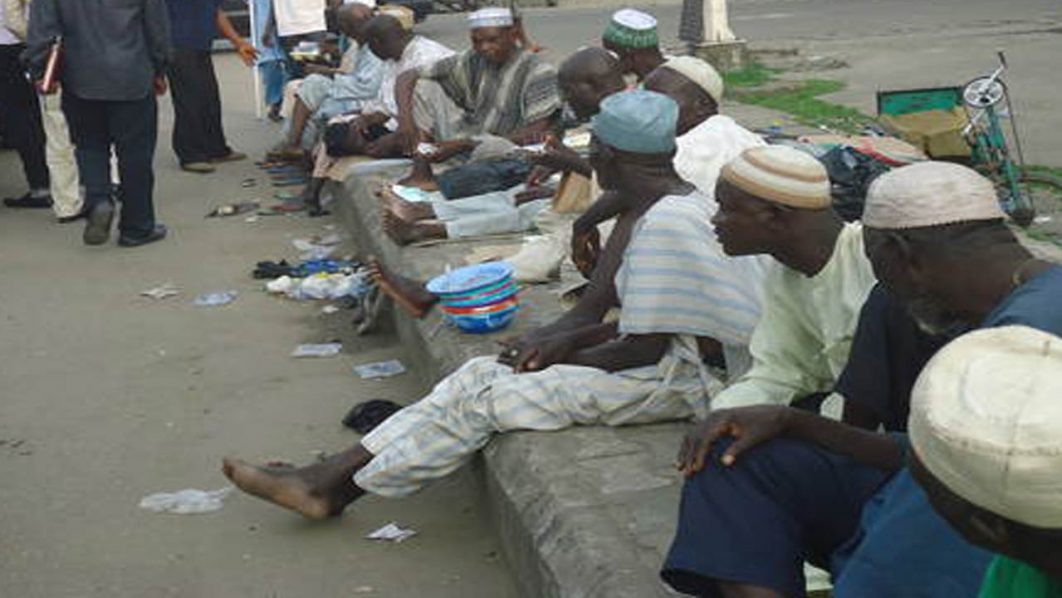
The Indigenous People of Biafra (IPOB) has expressed deep concern over the alleged unfair treatment of the Igbo people in Nigeria and called for the establishment of their own sovereign nation as a solution.
According to a statement released on Sunday by the group’s spokesperson, Emma Powerful, recent events have shown that Igbos are not welcome in Nigeria. The statement cited an incident in which IPOB members were allegedly attacked by security agents during a peaceful protest in Aba, Abia State.
Powerful expressed dismay that security agencies had allowed the Shi’ites to protest peacefully twice in Abuja, but had attacked IPOB members in Aba. The statement read, “We are surprised that the Nigerian government and its security agencies, especially their army and police allowed the Shiite Islamic group who protested peacefully twice in Abuja to do so without humiliation or attack, but murdered IPOB members who were protesting peacefully in Aba, Abia State for asking for the unconditional release of their leader, Kanu on the 3rd of April 2023.”
The group further lamented that the incident in Aba was not an isolated one, but rather part of a pattern of discriminatory treatment against the Igbo people. The statement continued, “It is now on record that Ndigbo are not wanted in Nigeria due to the hatred shown to us. We must organise ourselves immediately and leave Nigeria for the other nationalities who are allowed to act freely in Nigeria.”
The call for a sovereign nation of Biafra has a long history, dating back to the late 1960s when the Igbo people attempted to secede from Nigeria. The attempt was met with a brutal civil war that lasted for three years and resulted in the deaths of over a million people, mostly civilians. Since then, the demand for a separate nation has persisted, with various groups advocating for the cause.
The current situation in Nigeria has further fuelled the agitation for a sovereign state. The Igbo people have long complained of marginalisation and discrimination, with many feeling that their culture, language and traditions are not adequately represented in the national discourse. The recent attacks on IPOB members have only served to heighten tensions and increase the demand for a separate nation.
It remains to be seen whether the Nigerian government will respond to the demands of IPOB and other groups advocating for a sovereign state of Biafra. However, it is clear that the issue will continue to be a contentious one, and the struggle for self-determination will likely continue until a resolution is reached.



















